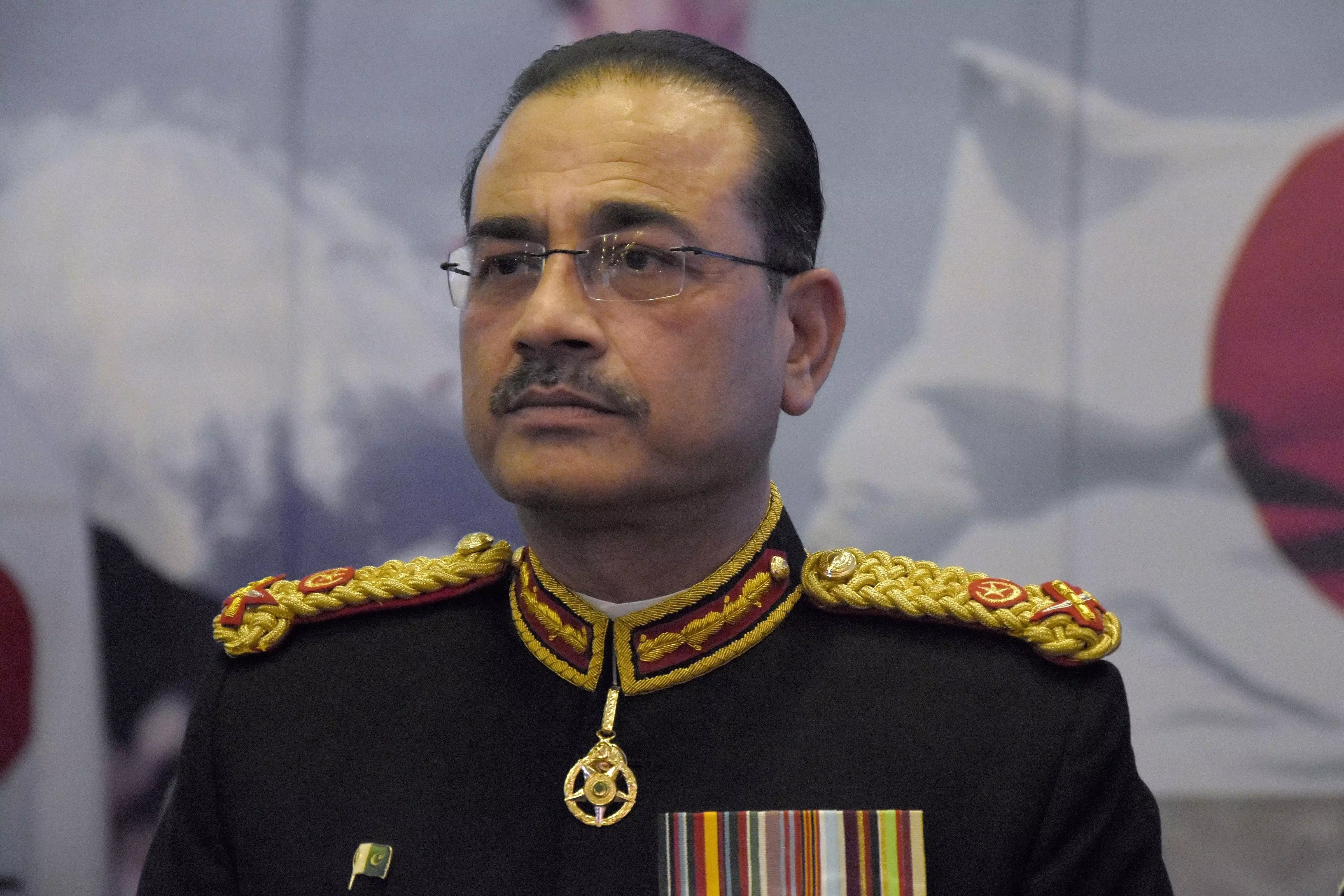Bhopinder Singh | How Army chiefs in Pakistan run ‘Deep State’: Don’t need coups any longer…

In 1947, the newly-formed militaries of independent India and Pakistan owed their common structures, rules and procedures almost entirely to the former British Indian Army. Yet over the next seventy-seven years, both armies appear to have taken a starkly different trajectory in national imagination and functioning. The waywardness in the Pakistani narrative started as early as 1951 with the failed coup attempt (Rawalpindi Conspiracy) by Maj. Gen. Akbar Khan. By 1958, Gen. Ayub Khan had overthrown and exiled Pakistan’s President Iskander Ali Mirza in a dynamic that would later get institutionalised and continue to manifest, overtly or covertly, in the years since. In India, on the other hand, the military has remained checked and confined to the “forward areas” or to the proverbial “barracks”, thus honouring the democratic traditions of civilian control over the military.
This extra-constitutionality and assertion of the military in Pakistan is personified by the tenures of their Chiefs of Army Staff, when compared to India. Given that the service and organisational structures are almost the same, the number of “chiefs” in India or Pakistan ought to be more or less the same. But it isn’t. Since Independence, India has had 32 individuals as Army Chiefs (with evolving designations from Commander-in-Chief to Chief of the Army Staff) -- whereas Pakistan has had only 17 individuals as Chiefs (with similar changes in nomenclatures). This essentially shows that many of Pakistan’s Army Chiefs unilaterally extended their stay (usually with some dodgy and implausible pretexts). Only two Chiefs of Staff in India had a four-year term – Gen. (later Field Marshal) K.M. Cariappa and Gen. K.S. Thimayya -- whereas in Pakistan both Gen. Ayub Khan and Gen. Musa had over seven-year tenures, Gen. Pervez Musharaf over nine years, and Gen. Zia-ul Haq for over 12 years! Seemingly, in India the “State” had an Army, whereas, in Pakistan, the Army had a complaint “State”, as the military in Pakistan defined the rules for itself.
As Pakistan has increasingly boxed itself into a hopeless situation of acute socio-economic distress necessitating drastic measures, the nation’s permanent “Establishment” (meaning its military) has learnt the value of backroom manipulation as opposed to becoming the “face” of governance. It makes a lot of sense to allow any beholden or controlled civilian government to take the unpopular decisions (such as a steep hike on energy costs, raising of taxes, etc) and take the flak onto themselves. It also increases the “intervention powers” of Pakistan’s Army Chief, who is looked upon as the sole power which can reverse an executive decision, thereby raising the public esteem of the institution even further.
Since the last formal coup in 1999 by the overambitious Gen. Pervez Musharaf, who ruled till 2008, subsequent Army Chiefs like Pervez Kayani, Raheel Sharif, Qamar Bajwa (and the current Asim Munir), have preferred to pull the strings from the back. This arrangement worked well as the Chiefs could make or break civilian governments to have one of their choices, as also safeguard their personal interests. Both Gen. Pervez Kayani and Gen. Qamar Bajwa extended their own tenures and ruled for six years each. Gen. Raheel Sharif, on the other hand, served his regular three-year tenure, but then subsequently “managed” his appointment as the commander of the Islamic Military Counter-Terrorism Coalition Force, based in Riyadh, for over seven years now.
The Pakistan “Establishment”, admittedly, has not always had it easy, and each Chief had to fight his way to secure the arrangement. Gen. Qamar Bajwa, for example, first “selected” (as opposed to “elected”) Imran Khan as Prime Minister, and then had to have him removed when he got too big for his boots. Today, Gen. Bajwa’s chosen successor, current Army Chief Gen. Asim Munir, seems to have further learnt the lessons and has constitutionally formalised the option to get a second term without any fuss. In a continuing mockery of participative democracy, a hurriedly introduced and passed bill in the National Assembly and the Senate allows the Army Chief to have a tenure for five years, with the possibility of another five-year term. The constitutional legitimisation of a possible 10-year tenure for the current Army Chief, Gen. Munir, took 24 minutes in the National Assembly and 16 minutes in the Senate.
The indebted parliamentarians of the ruling coalition from both Nawaz Sharif’s PML-N and Bilawal Bhutto-Zardari’s PPP (who have both had earlier governments summarily dismissed by the “Establishment”) were obliged to pass this without a murmur or any discussion. Vague and unconvincing policy continuity claims in order to avoid “palace intrigues” in the appointment of the Army Chief were posited subsequently, but not on the floor of the Assembly or Senate. A hapless nation watched as a reticent Gen. Asim Munir wrangled unprecedented entitlements for himself and the “Establishment” without resorting to spats, protests or having to pass sham clearances, as done by his predecessors.
With the Opposition political parties like Imran Khan’s PTI or Maulana Rehman’s J-MUI discredited and hardly emerging as alternatives of democracy, Gen. Asim Munir managed to have his way, sneakily and effectively. Ironically, PTI officials who managed to raise some feeble protests were promptly shut down and asked why they had extended the tenure of the previous Army Chief, Gen. Qamar Bajwa, when they were in power? The truth is, over the years, the Pakistani “Establishment” has refined its surreptitious stranglehold over power, and they don’t need ugly and indefensible coups any longer.
